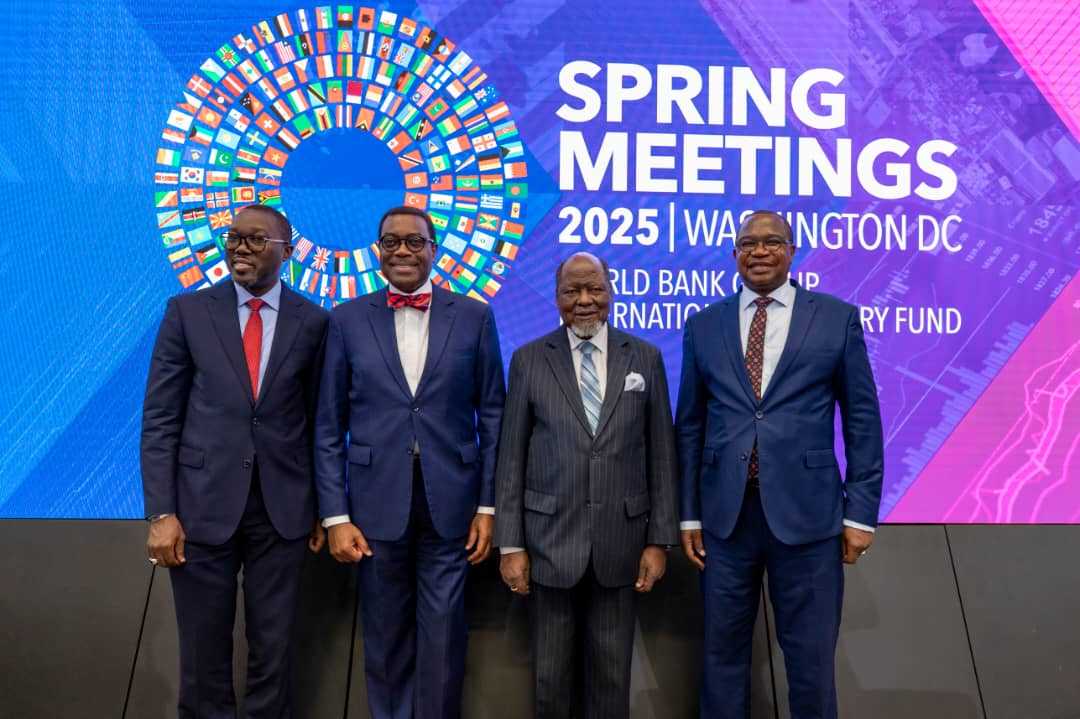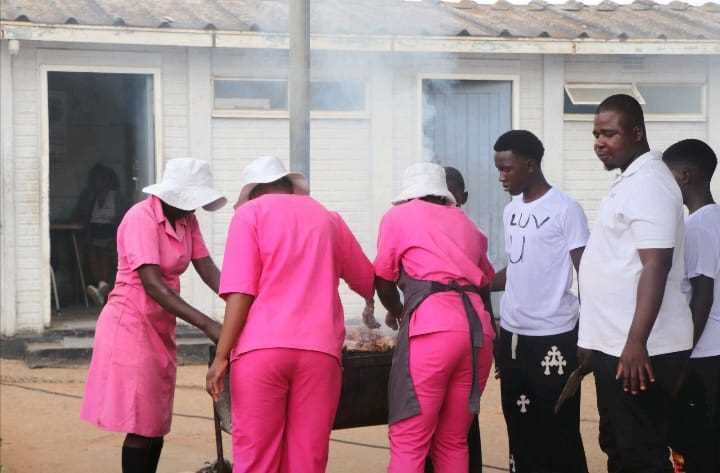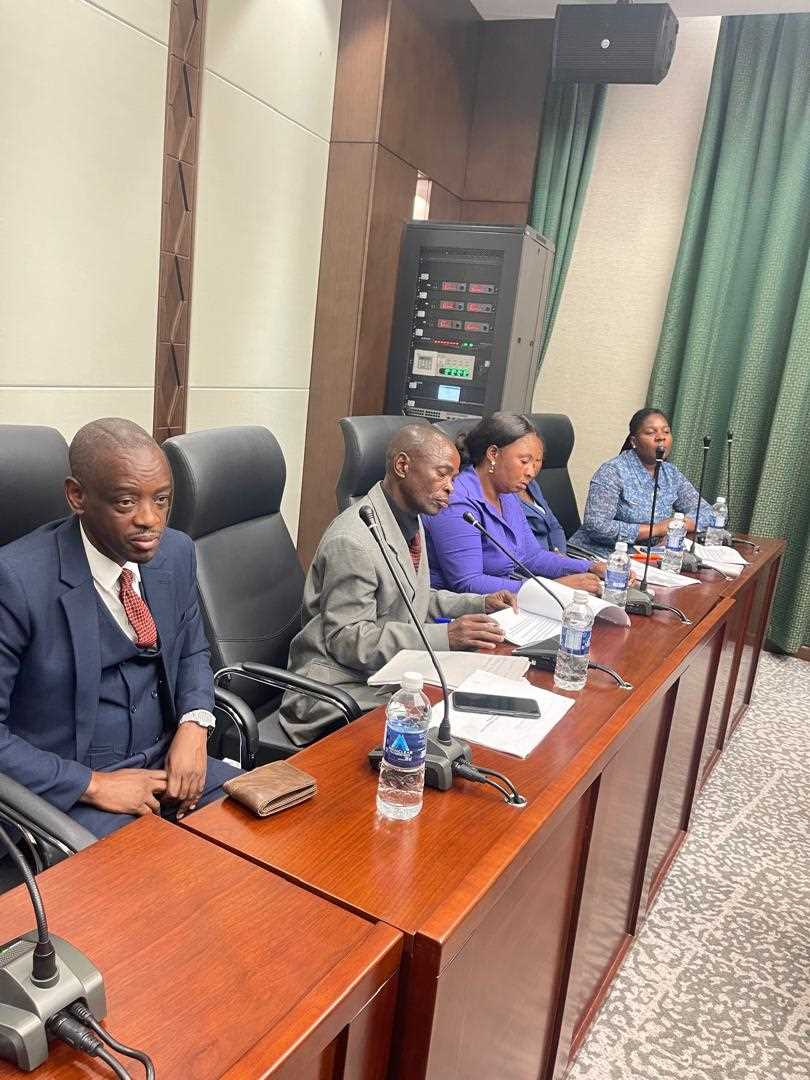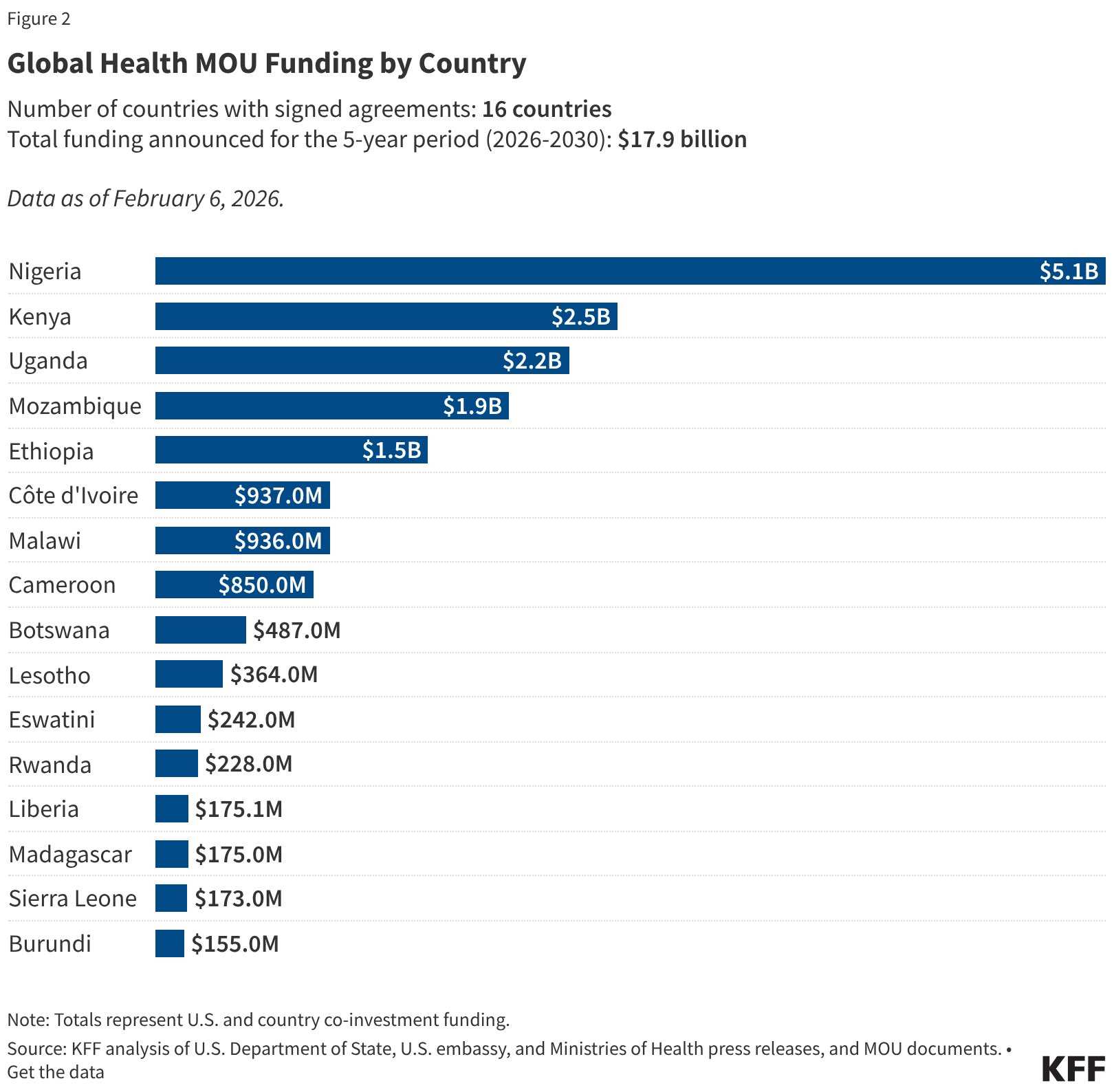
Nyashadzashe Ndoro- Chief Reporter
In the complex landscape of Zimbabwe's efforts to clear its arrears and resolve its debt crisis, former Mozambican President Joachim Chissano has emerged as a key figure, employing what many describe as "quiet diplomacy."
Appointed as the facilitator of Zimbabwe's Arrears Clearance and Debt Resolution Process, Chissano's role has been crucial in navigating intricate discussions between the Zimbabwean government, international financial institutions, and creditor nations.
Nearly three years ago, President Emmerson Mnangagwa asked Dr Akinwumi Adesina to champion Zimbabwe’s arrears clearance and debt resolution efforts.
“I knew the job would be difficult,” Adesina recalled. Still, he expressed confidence, saying, “We will succeed in giving Zimbabwe and its people a full arrears clearance and debt resolution so that it can receive critical concessional financing needed to boost its growth and development further.”
“Now, we all should rally around it to conclude this process,” he added.
Chissano’s involvement comes at a critical juncture. Years of economic challenges, coupled with international sanctions, have left Zimbabwe burdened with substantial debt, hindering its access to crucial financing and impeding development.
The Structured Dialogue Process, which Chissano facilitates, aims to address these issues through a series of reforms and negotiations. At a recent roundtable meeting held on the sidelines of the IMF and World Bank Group Spring Meetings, stakeholders acknowledged the progress made under his guidance.
Participants—including representatives from the African Development Bank, the World Bank, the International Monetary Fund (IMF), and various governments—recognised advancements in key reform areas, such as:
Related Stories
Economic Growth and Stability:
Measures including the cessation of the Reserve Bank of Zimbabwe’s quasi-fiscal operations and a shift toward a market-determined exchange rate have been implemented.
Land Tenure Reform:
The ongoing compensation of former farm owners and the introduction of 99-year, bankable, and transferable lease agreements are seen as positive developments.
Chissano has emphasised the importance of these reforms, stating that they lay the groundwork for Zimbabwe’s economic recovery. His approach involves fostering dialogue and building consensus among various parties—often described as a patient and persistent effort to bridge divergent interests.
“The parameters of the dialogue have been set. Most issues have been dealt with. Commitments and targets have been agreed upon. We should all be proud of the dialogue process and what it has achieved,” said Chissano.
However, the process has not been without challenges. Both Chissano and other stakeholders have raised persistent concerns regarding governance reforms. Issues such as civil society engagement, the conduct of democratic elections, judicial processes, and freedoms of assembly and expression remain areas requiring further attention.
Chissano has consistently advocated for continued engagement, urging all parties to "redouble our efforts and re-energise the dialogue process."
The AfDB, under Adesina’s leadership, has been a key partner in this initiative, working closely with Chissano. The bank is financing advisory services to support the arrears clearance and debt resolution, demonstrating its commitment to seeing the process through.
The Southern African Development Community Executive Secretary, Elias M. Magosi, has said Zimbabwe should be supported in its efforts to bounce back, citing its strategic role in regional trade, integration, and development.
Meanwhile, aiming to resolve a debt impasse that began in 1999, Zimbabwe has proposed a plan to secure US$2.6 billion in bridge financing.
Of Zimbabwe’s total US$21 billion debt, approximately 60% is owed to external lenders such as the World Bank, the Paris Club, the European Investment Bank, and the African Development Bank. This long-standing debt has effectively barred Zimbabwe from accessing global capital markets for the past twenty-five years due to its initial payment defaults.


















Leave Comments